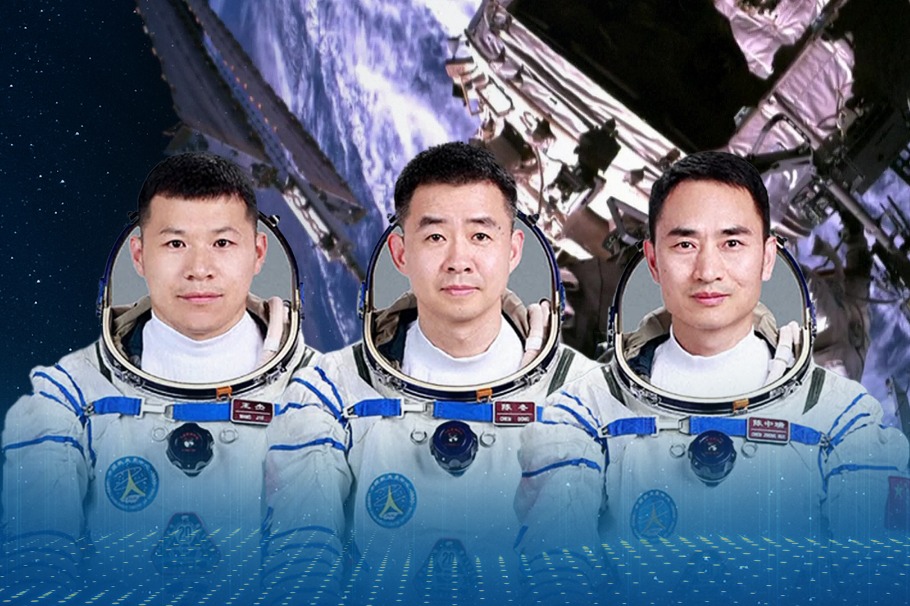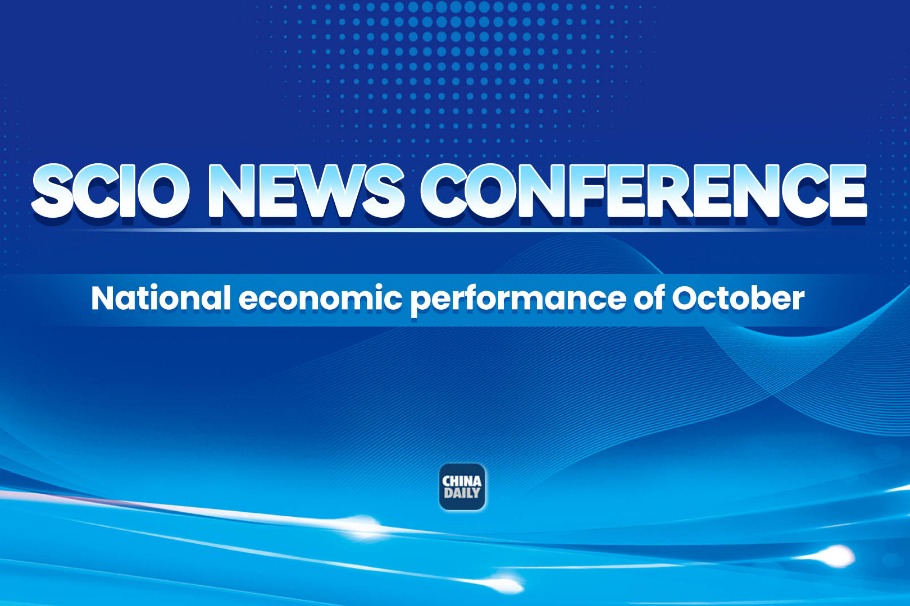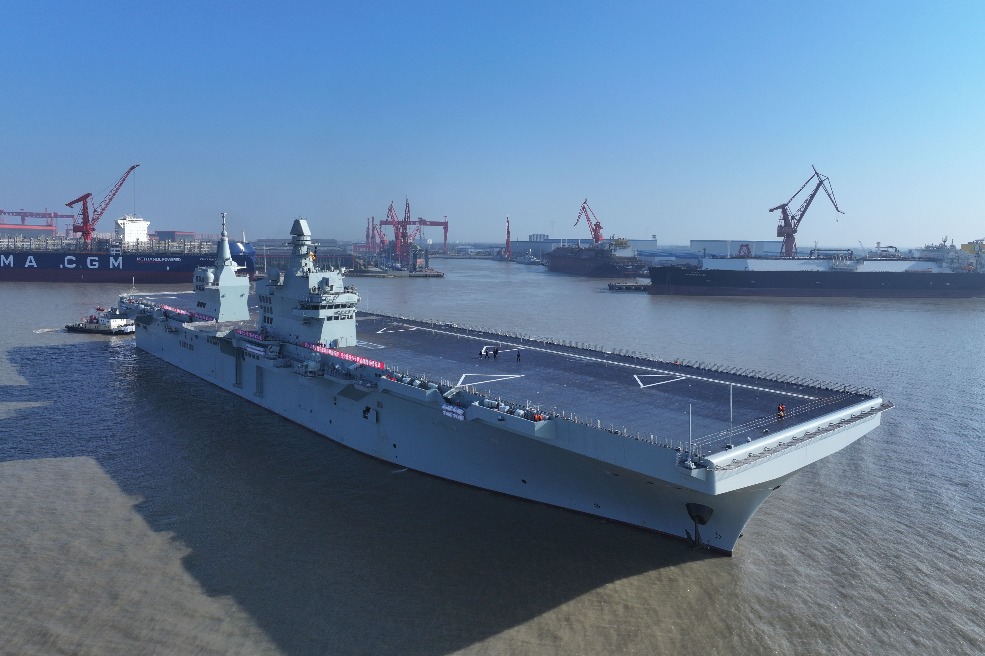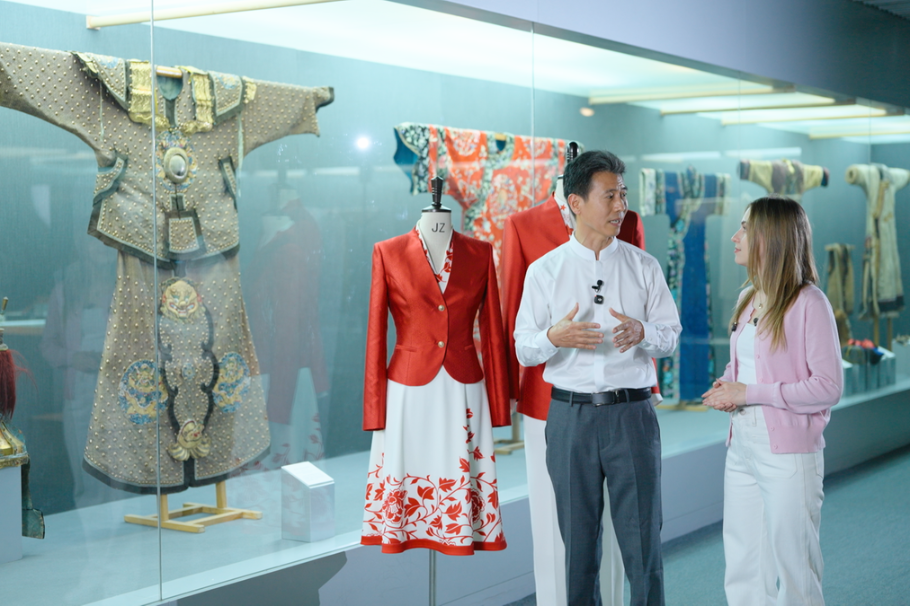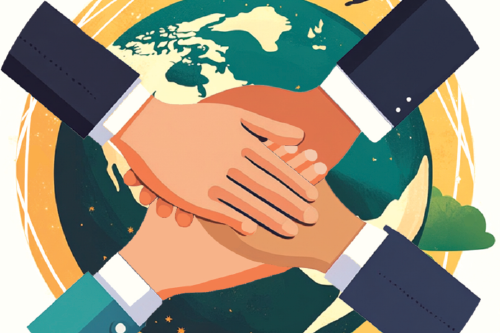Now trending, multipolarity


As developing countries demand a greater say in world affairs, it is necessary to redefine the behavioral norms of international law
Editor's note: The world has undergone many changes and shocks in recent years. Enhanced dialogue between scholars from China and overseas is needed to build mutual understanding on many problems the world faces. For this purpose, the China Watch Institute of China Daily and the National Institute for Global Strategy, Chinese Academy of Social Sciences, jointly present this special column: The Global Strategy Dialogue, in which experts from China and abroad will offer insightful views, analysis and fresh perspectives on long-term strategic issues of global importance.
President Xi Jinping first proposed the important concept of "building a new type of international relations" while speaking at the Moscow State Institute of International Relations in March 2013.
He stressed that the profound changes taking place in the world brought new opportunities for multipolarity with the rapid rise of multiple centers of power, stronger economic vitality of emerging markets, and their growing influence on the international stage.
Major country diplomacy with Chinese characteristics is to promote a new type of international relations featuring mutual respect, fairness and justice, and win-win cooperation. This is in line with multipolarity, which opposes group confrontation or vicious competition, but advocates respect for diversity and equal opportunities for all countries.
Entering the 21st century, multipolarity has become an obvious trend.
A new wave of technological revolution, represented by the development of the internet, big data and artificial intelligence, is becoming increasingly popular, which has not only radically changed the way of interaction between countries and peoples, but also shifted the original balance of power.
The "profound changes unseen in a century" features the rise of emerging and developing countries as a group and a world no longer dominated by a few developed countries. This is a manifestation of multipolarity.
In 2001, when the concept of BRIC was coined, the total GDP of the BRIC countries (excluding South Africa) was $2.7 trillion, accounting for only 8 percent of the global total.
By 2021, the combined GDP of the five BRICS countries reached $24.5 trillion, which is about 24 percent of the global total and contributes to over 50 percent of global economic growth.
Collectively, the economies of emerging and developing countries now account for nearly 40 percent of the world's total. The changes in economic power should be reflected in world politics and international relations, which means developing countries are seeking a greater say and autonomy. This is precisely the true nature of a multipolar world.
However, not all international powers welcome multipolarity. During the Cold War, the United States used to suppress rapidly developing economies (such as Japan) to guard its hegemony, but the approach was not questioned or challenged since the economies were all allies of the US.
In contrast, the rising powers after the Cold War are mostly non-Western countries, and they seek independence not only in economy but also in politics and security.
With the founding of the G20 in 1999, developing countries have started joining developed countries in discussing and deciding the rules of international economic activities. The global financial crisis that started in the US in 2008 further raised international awareness of the dangers of a unipolar world, accelerating the shift and rise of new power centers.
However, the path of the world order has been somewhat altered, due to the complex changes in international relations, especially the escalating super-power rivalry, the outbreak of the COVID-19 pandemic and regional conflicts.
Led by the US, Western countries have taken advantage of the situation to impose unilateral sanctions and "long-arm jurisdiction", so as to strengthen an international system that suits their interests. The Joe Biden administration has sought to maintain the US hegemony by connecting with long-time allies and strengthening NATO's geopolitical influence, while making every effort to contain competitors. The path to multipolarity remains long and difficult.
To build a new kind of international relations and a healthy global governance system, it is necessary to go beyond the traditional international political thinking, learn from historical experience, and redefine the behavioral norms of international law.
First, new relationships based on trust should be built, so that countries strengthen communication and exchanges at all levels, strive to define a stable cooperation framework, and avoid unnecessary confrontation and malignant competition.
Second, new models of cooperation should be explored, so that countries interact through dialogue rather than confrontation, through partnership rather than alliance. For example, China, Russia and Central Asian countries continue to enhance their strategic partnerships, clarifying the new principle of "everlasting friendship".
Third, new concepts of development should be established to shake off the influence of the Cold War mentality and power politics, promote openness and inclusivity, and create a good development environment for all countries in the world.
Fourth, new mechanisms of interaction should be built. China's stable and friendly relations with its neighboring countries are the favorable results of policies based on "amity, sincerity, mutual benefit and inclusiveness", as well as various cooperation and consultation mechanisms.
When President Xi met with Russian President Vladimir Putin during his state visit to Russia in March, he pointed out that both China and Russia support multipolarity and work for greater democracy in international relations, and both countries should strengthen coordination and cooperation on multilateral platforms such as the United Nations and be a bulwark for world peace and stability.
As two major neighboring countries, China and Russia have smoothly solved historical issues and established good neighborly friendship through all-round cooperation. They have continuously deepened political mutual trust, given full play to the strategic role of head-of-state diplomacy, and actively expanded pragmatic bilateral and multilateral cooperation. They have not only found a way for major powers to interact with sincerity, equality and mutual benefit, but also set an example for a new type of international relations.
As the world undergoes unprecedented changes and witnesses heated competition among major powers, the comprehensive strategic partnership of cooperation between China and Russia in the new era has demonstrated strong resilience, benefiting the development and wellbeing of people in both countries. Moreover, through cooperation on multilateral frameworks such as the Shanghai Cooperation Organization, BRICS, G20 and APEC, the two countries have made contributions to global and regional governance.
The author is the director of Russian, Eastern European and Middle Asian Studies at the Chinese Academy of Social Sciences and a researcher of the National Institute for Global Strategy at the CASS. The author contributed this article to China Watch, a think tank powered by China Daily. The views do not necessarily reflect those of China Daily.
Contact the editor at editor@chinawatch.cn.


















